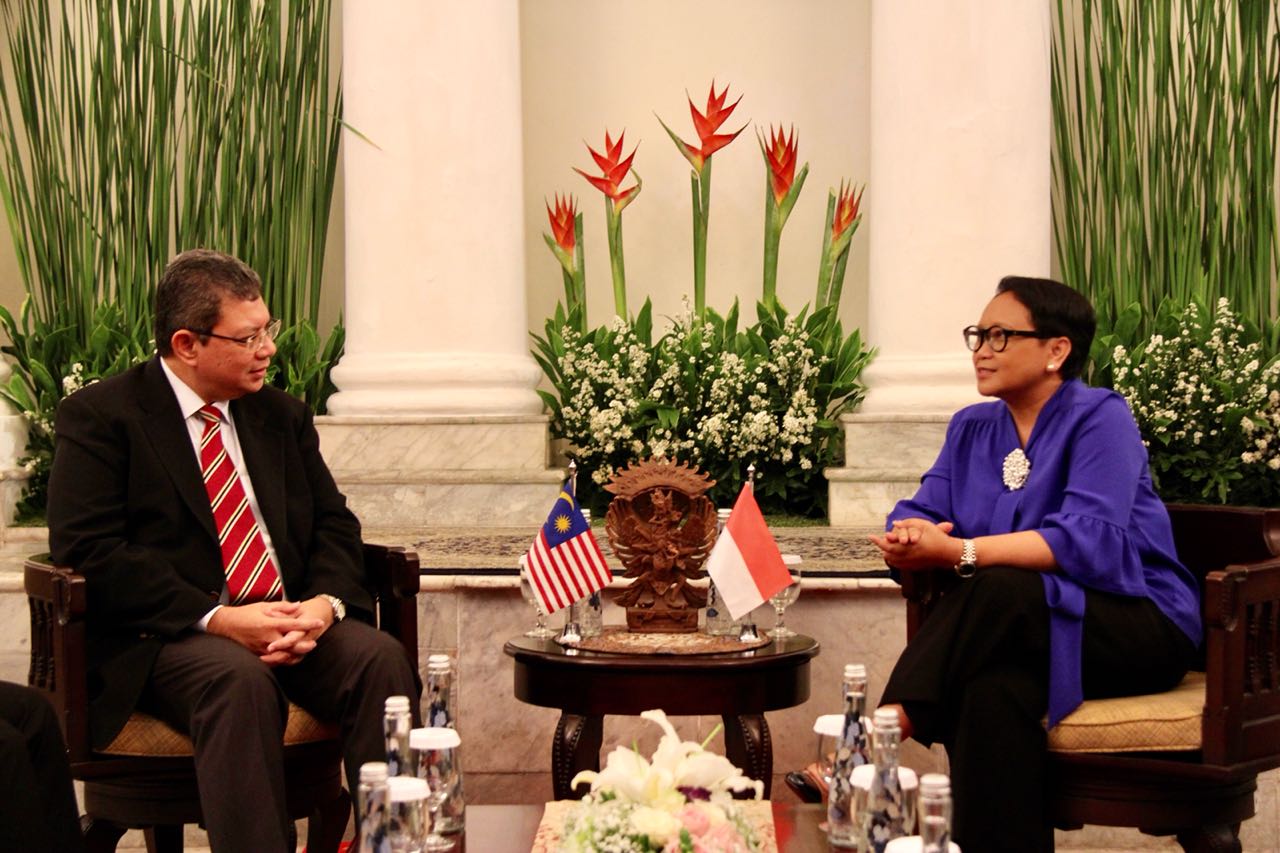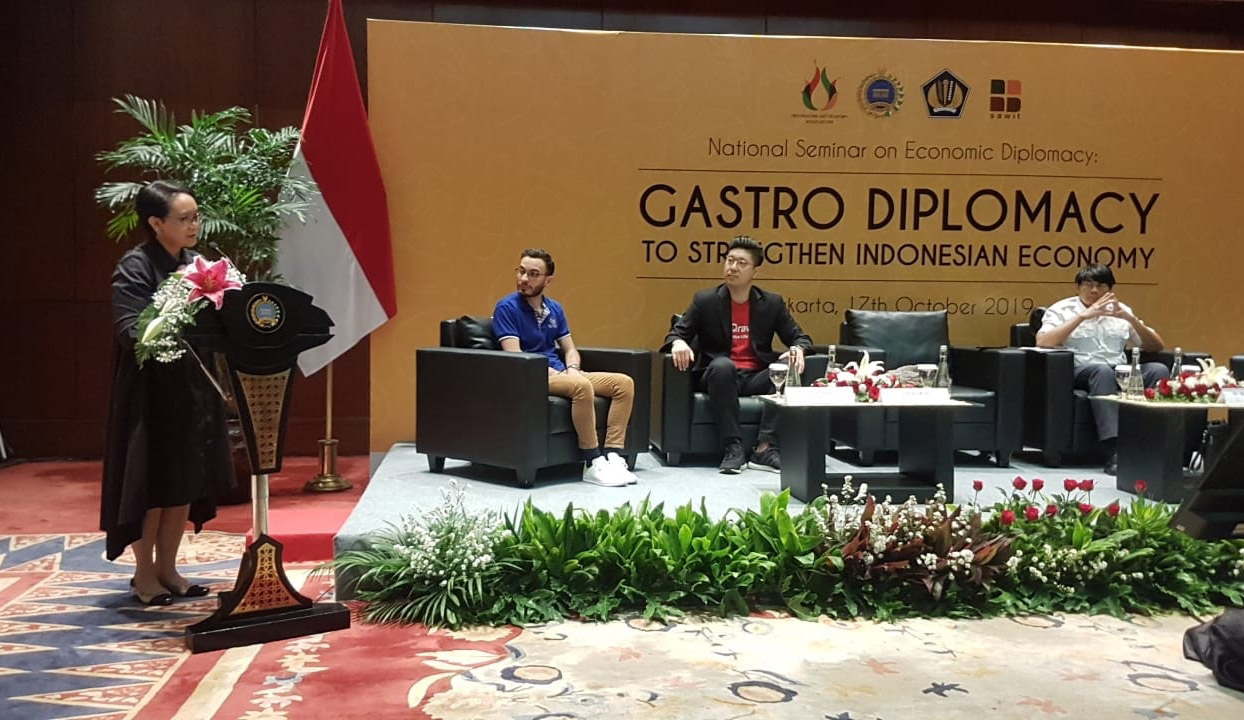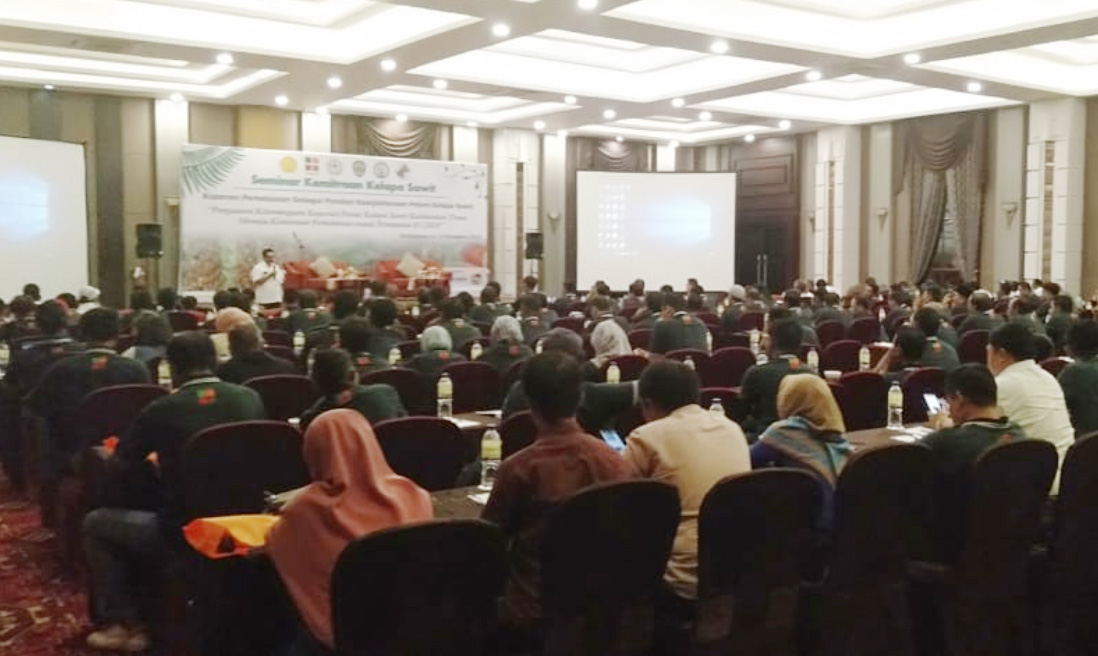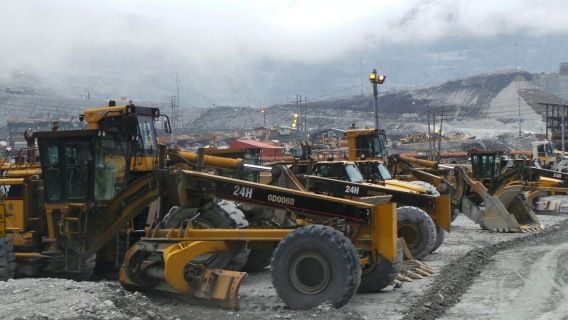B20 Incentives to Cover Biodiesel and Diesel Fuel Price Gap
The Indonesian Oil Palm Estate Fund (BPDPKS) asserted that the biodiesel incentives to support expanded B20 mandatory program is disbursed only to biofuel companies to cover the price differential between diesel fuel and biofuels, as defined by the market index price (MIP).

JAKARTA--The Indonesian Oil Palm Estate Fund (BPDPKS) asserted that the biodiesel incentives to support expanded B20 mandatory program is disbursed only to biofuel companies to cover the price differential between diesel fuel and biofuels, as defined by the market index price (MIP).
BPDPKS gave the explanation in respond to a question about possibility for B20 consumers to receive similar incentives. The question was asked by a B20 consumer at the B20 socialization forum in Palembang, South Sumatera, Wednesday (10/10/2018). “The Implementation of B20 Mandatory for All Sectors” themed socialization forum was organized by BPDPKS in order to provide information concerning the government program to expand B20 mandatory to public service obligation (PSO) and non-PSO sectors that was introduced on 1 September 2018.
Head of Fund Disbursement Division of BPDPKS Fajar Wahyudi said that biodiesel incentives disbursement is regulated by the government under Presidential Regulation (Perpres) No 66 year 2018 regarding the second amendment to Perpres No 61/2015 regarding Collection and Disbursement of Oil Palm Estate Fund.
“The incentive is disbursed to cover the differential between diesel fuel MIP and biofuels MIP and applied to all type of diesel fuels. The fund is disbursed to biofuel companies based on a mechanism made by Ministry of Energy and Mineral Resources,” Fajar said.
Fajar responded to a question if there is a possibility for B20 users, including from vessel industry, to receive similar incentives. “B20 users like us are expecting the same incentives since we have to make some adjustment to convert diesel fuels to B20,” Otto Caloh, member of executive board of National Shipowners’ Association (INSA) asked.
Fajar explained that BPDPKS came into existence to bridge the interest of biofuel and fuel companies. When biodiesel MIP is higher than diesel fuel MIP, it goes without saying if biofuel companies refuse to blend biofuel with diesel fuel because the price of biodiesel is more expensive than diesel fuel. “In this case, with reference to Perpres No 66/2018, BPDPKS pays the negative price gap.” ***




































